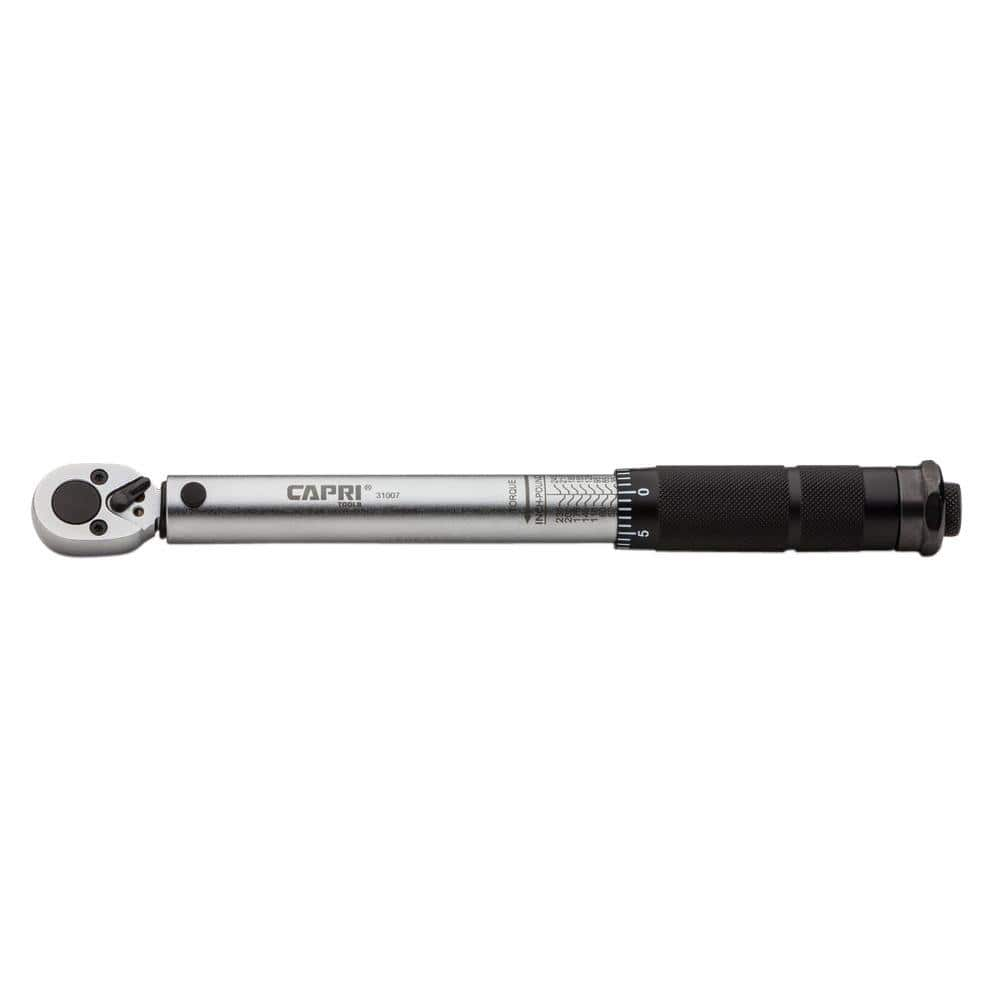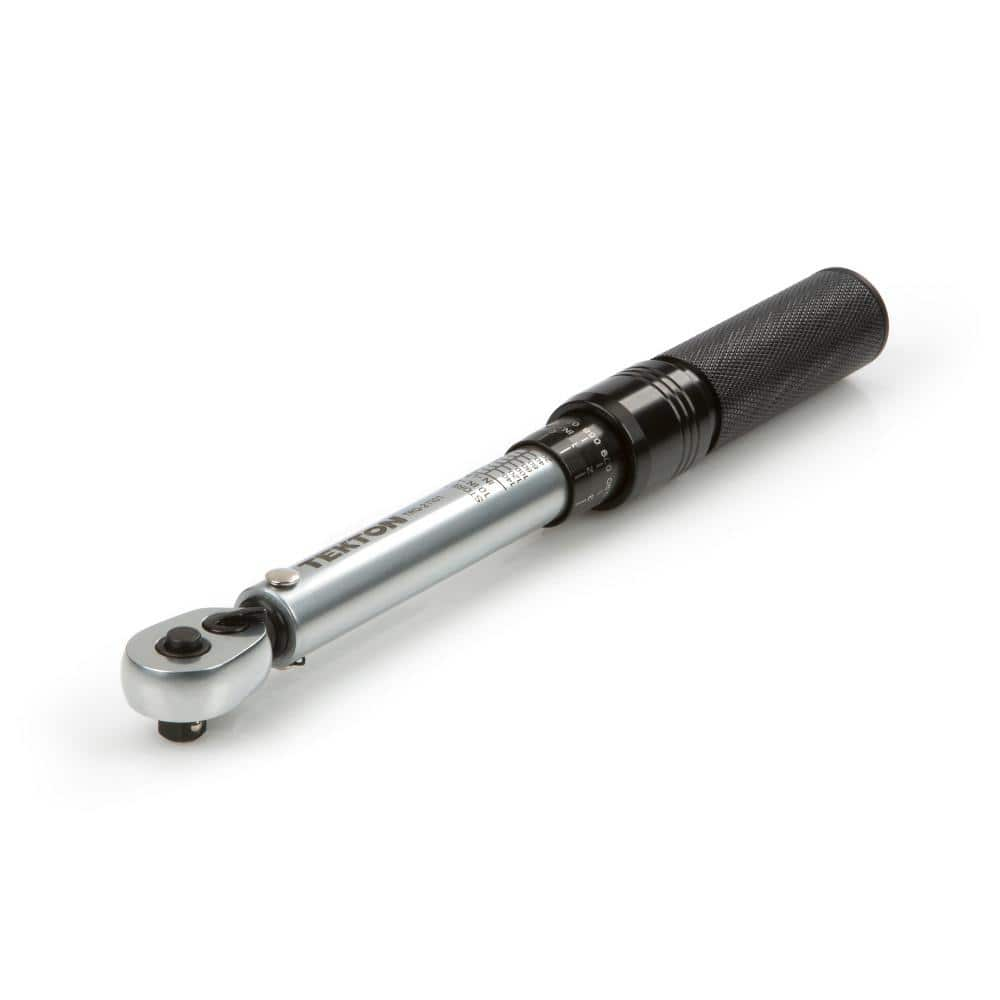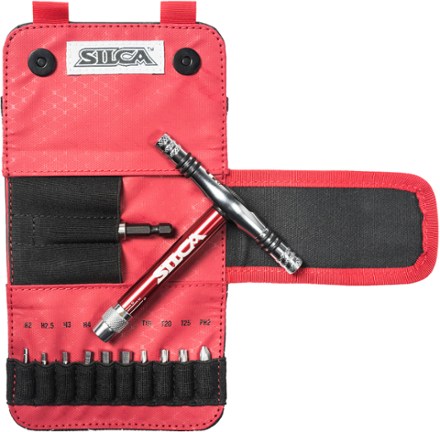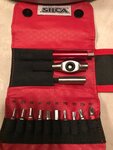Yamahonian
Active Member
Torque Wrenches specifically made for bikes tend to be pricey. Is there anything wrong with getting one of these wrenches from Home Depot for general purpose use on a non-carbon bike? I'm not familiar with these tools, might be missing something. Thank you.



Capri Tools 1/4 in. Drive 50 in. to 245 in. lbs. Torque Wrench CP31007 - The Home Depot
Use this Capri Tools Torque Wrench to work on your cars, truck, ATVs and bike with this powerful professional torque wrench.
www.homedepot.com

TEKTON 1/4 in. Drive Dual-Direction Click Torque Wrench (10-150 in./lb.) TRQ21101 - The Home Depot
TEKTON Drive Dual-Direction Click Torque Wrench eliminates guessing and the common tendency to overtighten fasteners. Offers durability.
www.homedepot.com



